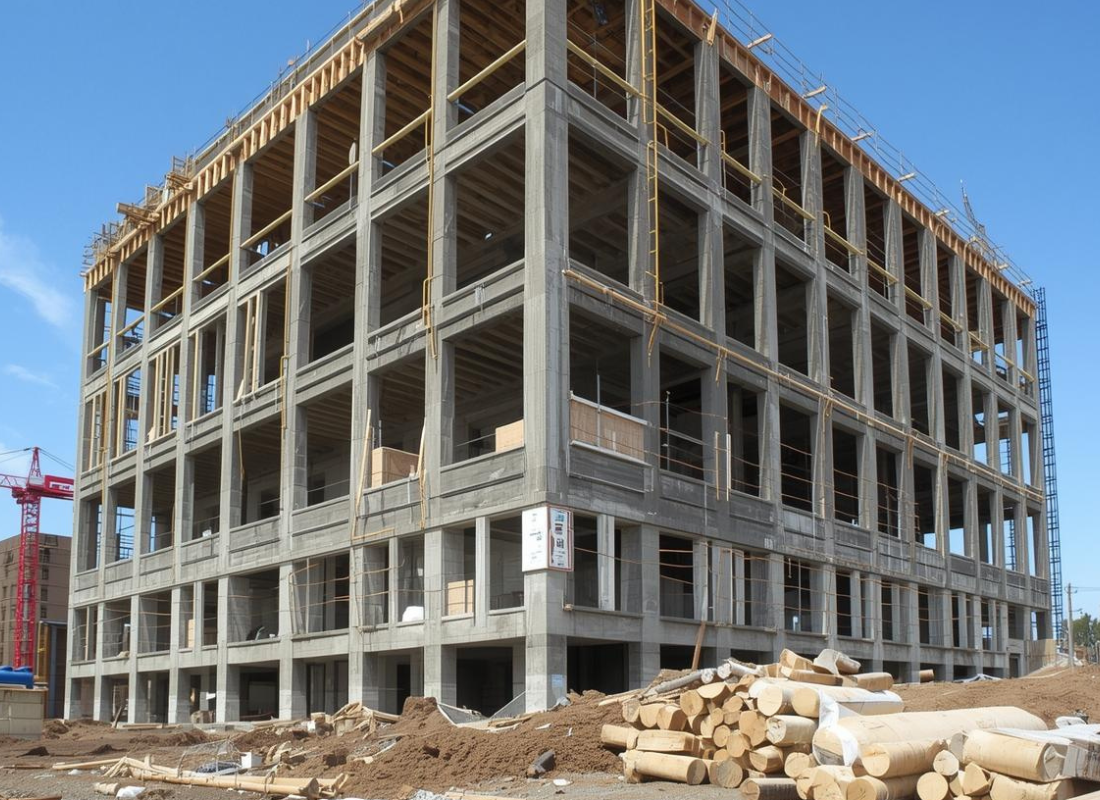What Is a Work in Progress Schedule? A Guide for Construction Companies
Originally published on March 4, 2024
Managing the profitability and progress of long-term construction projects is a constant challenge. In construction accounting, costs drive revenue which makes it essential to monitor labor, materials and overhead across every job. That’s where a work in progress schedule (WIP schedule) comes in.
A work in progress schedule is a key financial report used in the construction industry to track the status and profitability of ongoing projects. By keeping a close eye on these numbers, construction company owners can better control costs, recognize revenue appropriately and avoid unpleasant financial surprises.
Why the WIP Schedule Matters in Construction Accounting
The WIP schedule provides a snapshot of current projects and their financial health. In construction accounting, when a company incurs 70% of a project’s total cost, it typically recognizes 70% of the revenue. The WIP schedule is where that relationship is documented and reviewed.
Used correctly, this tool helps construction companies, surety partners and lenders assess how each project is progressing financially. Each job should have its own line in the WIP schedule, which enables proactive budget and billing management.
Key Elements of a Work in Progress Schedule
Unlike standardized financial statements, the WIP schedule varies by company. However, these core elements should always be included:
- Contract Value
- Estimated Gross Profit
- Current Period Revenue
- Current Period Costs
- Current Period Gross Profit
- Revenue Recognized to Date
- Costs to Date
- Gross Profit to Date
- Percentage of Work Completed
- Revenue Billed to Date
- Contract Assets and Liabilities (formerly under/overbillings)
If your company is new to WIP schedules, consider working with a construction CPA to set up the proper systems for accurate reporting.
4 Best Practices for Managing Your WIP Schedule
A well-maintained WIP schedule offers deep insights not just into individual project performance, but also your firm’s overall financial position. Here are four ways to get the most out of your WIP process:
1. Update the WIP Schedule Monthly
Updating your WIP schedule monthly as part of your close process ensures timely financial insights. Waiting until quarter-end (or project completion) can lead to missed opportunities and cash flow risks. For companies handling bonded work, monthly WIP reports may also be a surety requirement.
2. Collaborate with Project Managers and Accountants
The WIP schedule should be more than a report; it should guide decisions. Meet regularly with project managers and your accounting team to discuss updates. Adjustments may be needed for changes in weather, labor costs or material delays, all of which affect revenue recognition and cost projections.
3. Share with Surety Partners
Surety providers want assurance that you’re managing jobs effectively. Especially for public works or government contracts, your bonding company may request a monthly WIP schedule. Consistent sharing builds trust and can streamline approvals for future projects.
4. Reconcile with Your Financial Statements
Accuracy is key. Make sure your WIP schedule aligns with your other monthly financials:
- YTD revenue on the WIP matches your income statement
- YTD cost of goods sold (COGS) aligns across both reports
- Contract assets and liabilities agree with your balance sheet
Discrepancies here could misrepresent your financial health.
James Moore: Experienced Construction CPAs and Advisors
A precise WIP schedule gives construction companies the clarity they need to keep projects on track and profitable. Without it, you risk flying blind and that can lead to costly mistakes.
At James Moore, our experienced construction CPAs support your business with WIP tracking, cost control and revenue recognition strategies tailored to your projects. We can help you build internal processes, train your staff or serve as your outsourced accounting partner.
If you’d prefer to develop these capabilities in house, our advisors are also available to train you and your staff on the best practices to create, update and interpret your WIP schedule. To learn more about our accounting services for construction companies, contact an advisor today.
All content provided in this article is for informational purposes only. Matters discussed in this article are subject to change. For up-to-date information on this subject please contact a James Moore professional. James Moore will not be held responsible for any claim, loss, damage or inconvenience caused as a result of any information within these pages or any information accessed through this site.
Other Posts You Might Like




